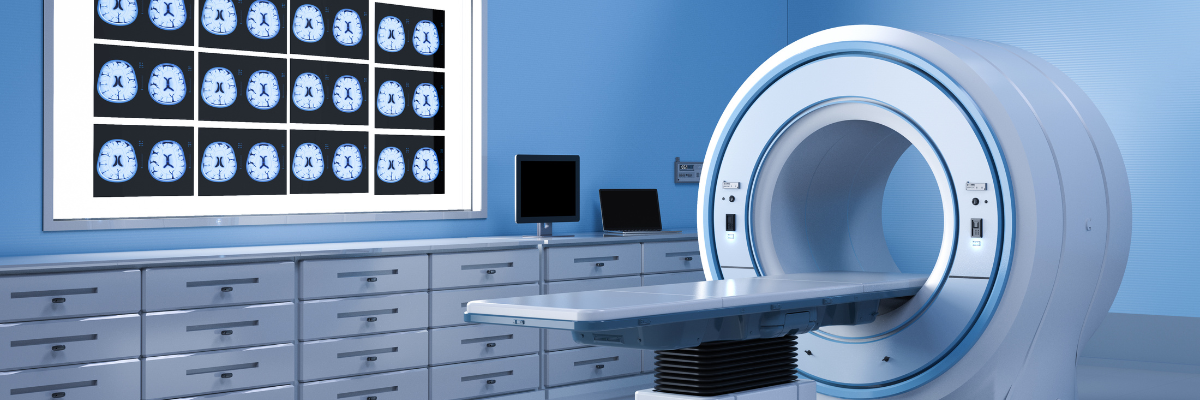Healthcare runs on technology. From imaging systems and patient monitors to surgical tools and diagnostic machines, medical devices are critical to patient care. But what happens when that equipment reaches the end of its life?
Unlike standard electronics, medical devices come with unique challenges when it comes to recycling. Here’s how healthcare providers can recycle them safely and sustainably.
Step 1: Protect Patient Data
Many medical devices store Protected Health Information (PHI), which means proper data destruction is essential. Simply discarding devices can create compliance risks under HIPAA and other regulations.
Working with a certified recycler ensures that all data is irreversibly destroyed — whether through secure wiping, degaussing, or physical shredding. At METech, data-bearing devices are tracked and documented with serialized reporting so healthcare providers can prove compliance.
Step 2: Manage Hazardous Components Responsibly
Medical electronics often contain lead, cadmium, mercury, and other regulated materials. If not handled correctly, these substances can leach into the environment and harm communities.
Certified recyclers follow strict Environmental, Health, and Safety (EHS) protocols to ensure that hazardous waste is separated, contained, and disposed of properly. This protects both the environment and the healthcare organizations that could otherwise face liability.
Step 3: Recover Valuable Materials
Even after a device is no longer usable, it contains valuable resources such as aluminum, copper, rare earth elements, and plastics. Proper recycling allows these materials to be reclaimed and put back into the supply chain, reducing demand for new mining and manufacturing.
This is where sustainability meets efficiency — recycling is not only safer, but it also contributes to a circular economy where resources are continually reused.
Step 4: Choose an R2v3-Certified Recycler
Not all recyclers are created equal. Choosing an R2v3-certified facility ensures that devices are handled according to the industry’s highest standards for security, environmental protection, and worker safety.
Certification also ensures chain-of-custody tracking — meaning every device is accounted for from pickup to final processing. For hospitals and research facilities, this level of documentation is critical for compliance and reporting.
METech: A Proven Partner in Medical Device Recycling
At METech Recycling, we’ve been closing the loop on technology for more than 50 years. Founded in 1968 with deep roots in materials recovery, we were among the first to recognize the need for specialized recycling in highly regulated industries like healthcare, defense, and energy.
Today, our services include:
-
Medical device recycling with HIPAA-compliant data destruction
-
Onsite and offsite secure shredding of hard drives and other data-bearing devices
-
Logistics and serialized reporting for full chain-of-custody
-
Recycling for solar panels, batteries, servers, and IT equipment alongside medical devices
With multiple R2v3-certified facilities across the U.S., METech helps healthcare providers protect patient data, safeguard the environment, and meet sustainability goals.
Because at the end of a device’s life, what matters most is how responsibly it’s handled.

